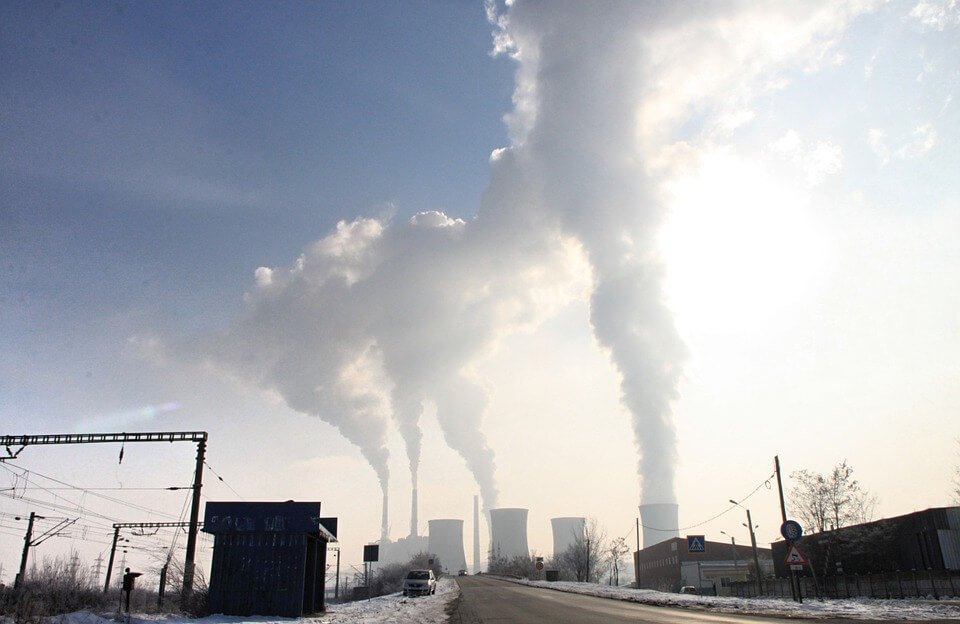Business
As governments meet greenhouse gas emission targets, oil’s era may end
Two decades from now, nations are expected to rely on green energy to supply their power demands.

If world governments meet their greenhouse gas emission reduction targets as they have agreed upon in various international agreements, including those brokered by the United Nations, this just might signal the end of the oil era.
Investors, financiers, and industry players should take note of this report that was made and recently released by three groups: the investment fund AP7, the pension fund PKA which is based in Denmark, and the research firm Carbon Tracker.
The environmentally-friendly production of renewable energy, as well as the finite supply of fuel, have long been recognized as realities by the business world. It was only a matter of time before gas and oil ran out, and companies and factories all over the globe would have to invest in and run “green” tech that use solar, wind, and other forces of nature to provide sustainable power.
However, according to Clean Technica, this recent report actually gives rock-solid numbers that should give investors maneuvering room and time to shift their monies. It also advises the green-tech pioneers the exact date when their alternative sources of energy should be read for the masses. Finally, it gives the estimated time when old and gas companies will actually shut down since the so-called black gold will no longer be in demand.
Oil and Gas D-day is estimated to be 18 years from now. By 2035, almost all of the world’s governments had complied with requirements to reduce carbon emission on their side of the pond. They would also have encouraged their industries and individuals alike to tap energy from safer, ecologically sound sources. The smaller oil companies and their refineries would find it hard to stay in business and will shut down. Meantime, the reigning oil conglomerates like Chevron, Royal Dutch Shell, Sinopec, Total, and others will suffer a loss of profits by 70 percent or more.

Companies and governments shift their focus to clean tech to curb greenhouse gas emissions. (Source)
As of two years ago, the entire global oil and gas industry was worth $147 billion. The oil companies would certainly want to keep it that way but pressure has been mounting on world leaders to ensure the planet’s survival and the wise use of its resources. As reported by
Eco Business, the ongoing United Nations Summit this November is a serious call to action and will not be an empty parade of promises. An earlier UN report had pointed out that carbon emission levels were rising to a significant degree. Fulfillment of previous goals aiming for reduction is far from complete – and even in compliance, it is still about 80 percent short of what it needs to remove in order to protect the planet and its people from the more debilitating consequences of climate change.
In that sense, the oil companies fearing the loss of their hegemony can still breathe. But time is running out – for the governments and the entire human populace. The current slow movement can soon give way to a faster response once everyone grasps the full extent of what is at risk. Right now, the oil and gas companies have 18 years to prepare before making what they might as well make a graceful exit.

-

 Markets2 weeks ago
Markets2 weeks agoThe Big Beautiful Bill: Market Highs Mask Debt and Divergence
-

 Africa2 days ago
Africa2 days agoORA Technologies Secures $7.5M from Local Investors, Boosting Morocco’s Tech Independence
-

 Markets1 week ago
Markets1 week agoA Chaotic, But Good Stock Market Halfway Through 2025
-

 Business4 days ago
Business4 days agoThe Dow Jones Teeters Near All-Time High as Market Risks Mount


























You must be logged in to post a comment Login